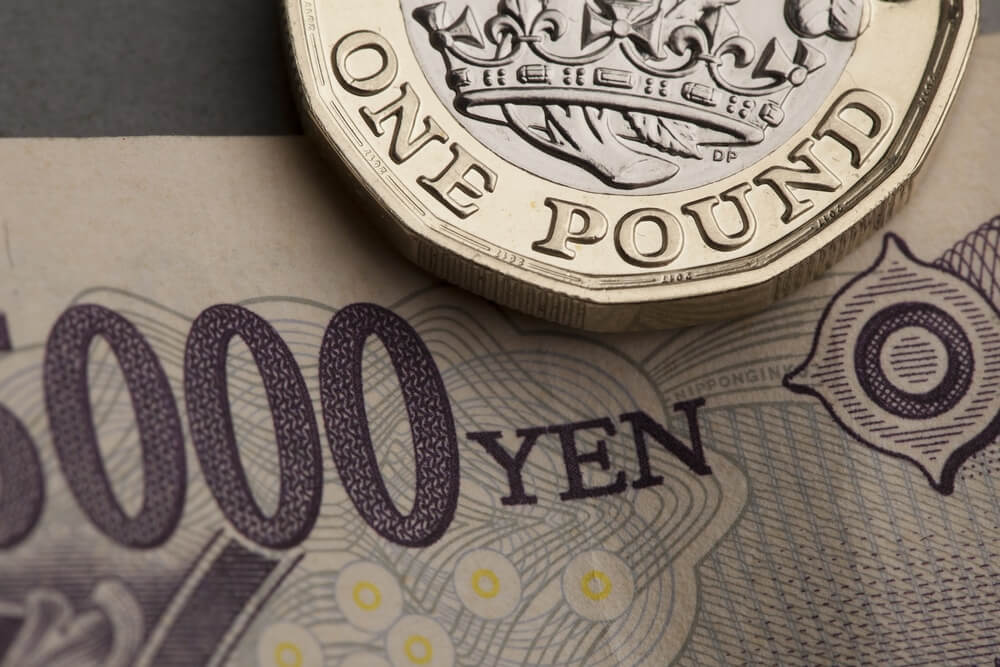
Sterling soared on Tuesday. What about the Euro and Dollar?
The British Pound surged forward on Tuesday. Rishi Sunak won the vote, becoming Britain’s prime minister. The investor sentiment was more optimistic today, supporting the Sterling. The currency edged up toward this month’s peaks. Overall, it gained 0.4% at $1.1330 over this session. However, analysts expect the sterling to remain under pressure in the near term. The British currency has plunged by more than 16% versus the dollar in 2022.
On Tuesday, Rishi Sunak became Britain’s third prime minister over the last two months. He will have to tackle an increasing economic crisis. However, U.K. government bonds rebounded, with the 20-year gilt returning to a level last seen on September 23. That day former prime minister Liz Truss’s fiscal plan caused a plunge in sterling assets.
Jeremy Stretch, the head of G10 FX strategy at CIBC, stated that Britain’s macro backdrop is still challenging. The government faces many problems. Even after the current level of the U.K.’s political noise decreases, the Pound might continue weakening against both the greenback and the euro.
On Tuesday, the common currency was steady. Traders expect the European Central Bank (ECB) to hike rates on Thursday. Initially, the euro declined 0.16% to $0.9858 overnight, but it still traded near its highest level since early October. The ECB seems set to increase rates by 75 basis points on Thursday. The bank aims to hinder surging inflation.
Kit Juckes, the chief FX strategist at Societe General, stated that market participants are more optimistic about the energy crisis thanks to warm weather, even though Germany’s IFO data remains deep into recessionary territory. According to the Ifo Institute for Economic Research, the country is heading into crisis. Europe’s biggest economy might contract by 0.6% in the 4Q.
How is the U.S. dollar trading?
The U.S. dollar climbed up on Tuesday, but it still exchanged hands near its lowest level in October. Traders think that Federal Reserve rate increases are slowing the American economy. Such sentiments reflect negatively on the market mood, pushing the greenback lower. But today, the dollar index soared by 0.16% to 112.04 against the basket of six major currencies.
Chris Weston, the head of research at Pepperstone in Melbourne, stated that structurally there’s a lot to like about USD, but investors face a choppy market at the moment. On Monday, S&P flash PMI data showed America’s business activity contracting for a fourth consecutive month in October. This news caused the dollar to decrease. Economists expect the Fed to slow the pace of rate hikes to 50 basis points in December.
Meanwhile, the Japanese Yen strengthened today, exchanging hands at approximately 149 per USD. Traders suspect that the Bank of Japan (BOJ) intervened on Friday and Monday. Long-term Treasury yields decreased this week. That has also helped to bolster the Japanese currency. But the BOJ maintains its policy stance thus far, and its decision will likely weigh on the Yen heavily in the coming days.
Investors expect the bank to leave its ultra-low interest rates unchanged at its meeting on Friday. On the other hand, the Federal Reserve will likely hike rates by another 75 basis points next week. That would push the Yen into the red again.
The U.S. dollar traded at 148.90 yen today, dropping from a 32-year high of 151.94 hit on Friday. While the analysts contemplated whether the BOJ intervened to bolster its currency, the Ministry of Finance declined to comment on the case. It already intervened once a few weeks ago and promised to do so again if the Yen continued falling.
What about the Chinese Yuan and EM currencies?
The Yuan plummeted on Tuesday after Chinese leader Xi Jinping’s choice of leadership team raised concerns that the government would sacrifice growth for ideology-driven policies. Consequently, the onshore Yuan tumbled to its lowest level in almost 15 years today. The offshore Yuan also dropped to a record low of 7.3746 versus the greenback.
Meanwhile, most EM currencies were muted today. The Thai baht, the Taiwan dollar, and the Indonesian rupiah shaved off between 0.1% and 0.2%. The Singapore dollar also declined slightly after the country reported a 5.3% jump in September consumer prices.
On the other hand, the Vietnamese dong edged up by about 0.1%. Its central bank hiked its key policy rates by 100 basis points today. The South Korean won, and the Philippine peso also soared by 0.5% and 0.1%, respectively.


